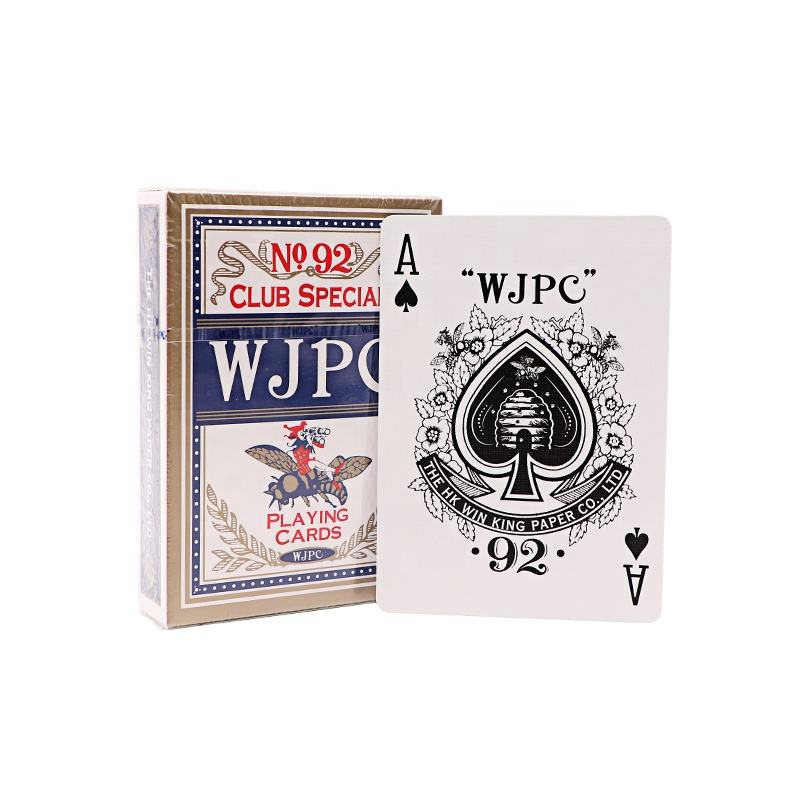Bluffing is an important skill to master in many card games, especially in poker. Here are some tips on how to bluff effectively:
- Know your opponents: It’s important to pay attention to your opponents and understand their playing styles. Some players are more likely to call bluffs than others, while some are more cautious.
- Build a consistent table image: Consistency is key when it comes to bluffing. If you’ve been playing tight, conservative hands all night, suddenly raising with a mediocre hand is likely to raise suspicion. On the other hand, if you’ve been bluffing all night, players are more likely to call you out.
- Choose the right moment: Timing is crucial when it comes to bluffing. You need to have a good read on the other players at the table and choose a moment when they are more likely to fold. For example, if a player has just lost a big hand, they may be more likely to fold.
- Use body language: Your body language can give away a lot about your hand. Make sure to keep a consistent demeanor, even if you’re nervous. Keep your breathing steady, avoid fidgeting, and maintain eye contact with your opponents.
- Bet confidently: When bluffing, it’s important to make your bet look like a strong, confident move. Avoid looking hesitant or unsure. Make sure to size your bet appropriately based on the situation.
- Know when to give up: Bluffing doesn’t always work, and sometimes you’ll need to cut your losses and fold. If you’ve been caught bluffing, it’s important to accept it and move on. Trying to save face by continuing to bluff can be costly.
Remember, bluffing is a skill that takes time and practice to master. It’s important to know your opponents and choose your moments carefully. By staying calm, confident, and consistent, you can successfully deceive your opponents and win more hands.


